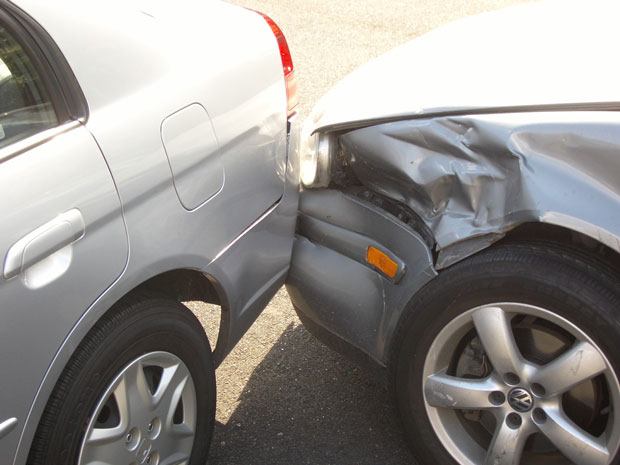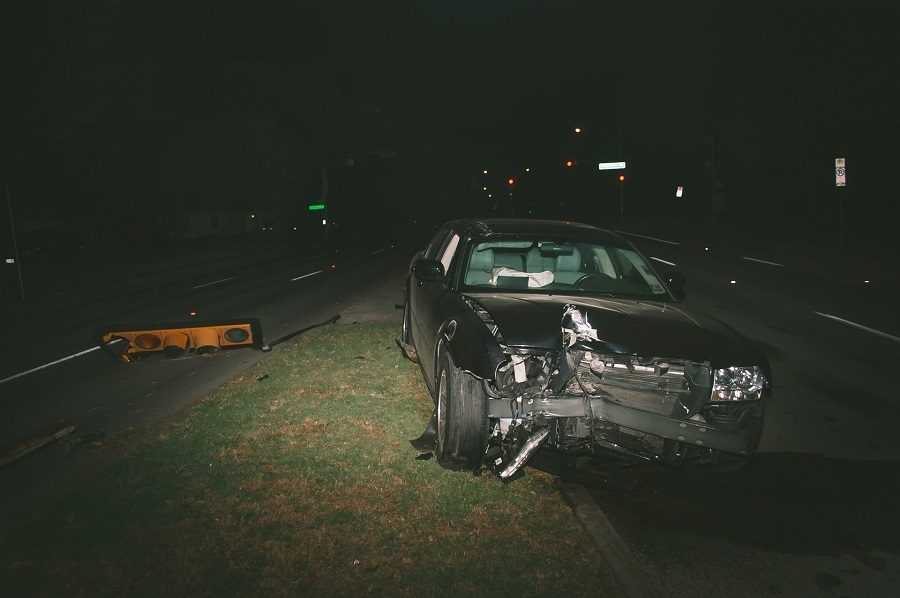
Have you been charged with a DUI?
DUI charges in Alabama can have significant legal consequences as well as other consequences for a person’s quality of life. Jail time, fines, probation, counseling, and community service might be some of the repercussions of a DUI conviction. DUI’s can also affect a person’s job, employment prospects, and business prospects.
If you are dealing with a DUI, contact an attorney experienced in criminal defense as well as one with trial experience in DUI cases. We fight for our clients constitutionally guaranteed rights and will defend you throughout the legal process. Contact us today by clicking here or calling at (256) 253-3169.
What should I do if I’m pulled over?
If you are pulled over and are under suspicion by the officer of a DUI offense, you can follow a few steps that can help you at the moment, and in the long run. If you are pulled over, be polite! Being agitated, angry, rude, or any other negative action towards law enforcement could harm your case.
Don’t say more than is necessary. The police can ask for your identification, vehicle registration, and insurance. Beyond these things, you are within your legal rights to remain silent. If arrested, the one thing we suggest you say is “I would like to speak with my attorney.”
Don’t take a field sobriety test or breathalyzer. Although per Alabama law, your license can be suspended for a short amount of time if you refuse a test, that suspension can be modified with the help of an attorney.
Is a DUI in Alabama a Felony?
A DUI in Alabama is a felony only if it is the fourth DUI offense within a 10 year period. 1st, 2nd, and 3rd time DUI’s are most likely going to be misdemeanors, barring a few circumstances. DUI Misdemeanors, that is, 1st time, 2nd, and 3rd-time offices, come with incremental consequences. First-time offenses can face up to a year in jail, fines of up to $2,100, and the use of an IID. For all misdemeanor DUI offenses, if there are aggravating circumstances, like a child under 14 years of age being in the vehicle, or an accident occurring, then the steeper side of punishments can be incurred.
What is an IID?
An IID, or Ignition-Interlock Device, is essentially an in-car breathalyzer test, which must be used in order to start and drive a car. These devices are used to go around the license suspension/revocation that can occur after a DUI misdemeanor. Usually, these devices are paid for by the defendant. Meaning, they are an out-of-pocket expense but more than usually necessary.
Is jail time a possibility with a DUI in Alabama?
Jail time is always a possibility with a DUI charge. Several factors come into play when the court considers these charges and their possible consequences. For example, it is considered driving under the influence if the BAC is .08% or higher. It is an aggravated misdemeanor if the BAC is .15% or higher. Other aggravating factors can include passengers in the car, if there was an accident, or if there are any previous offenses. Usually, courts give out suspended sentences in order for the accused to complete court-ordered programs like probation, counseling, and community service.













